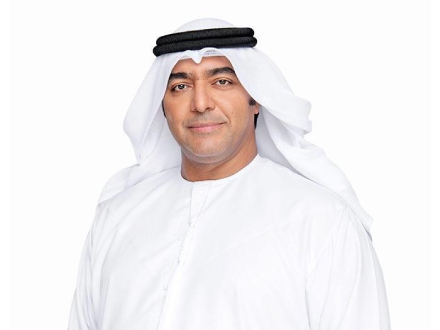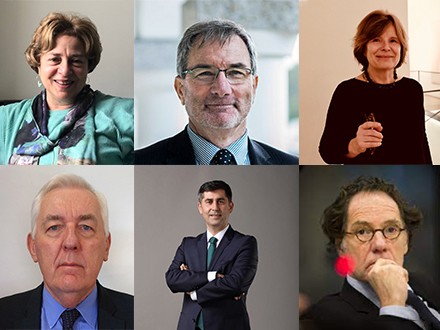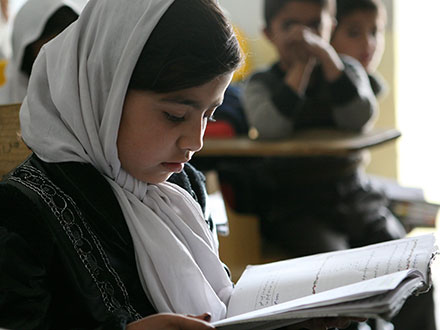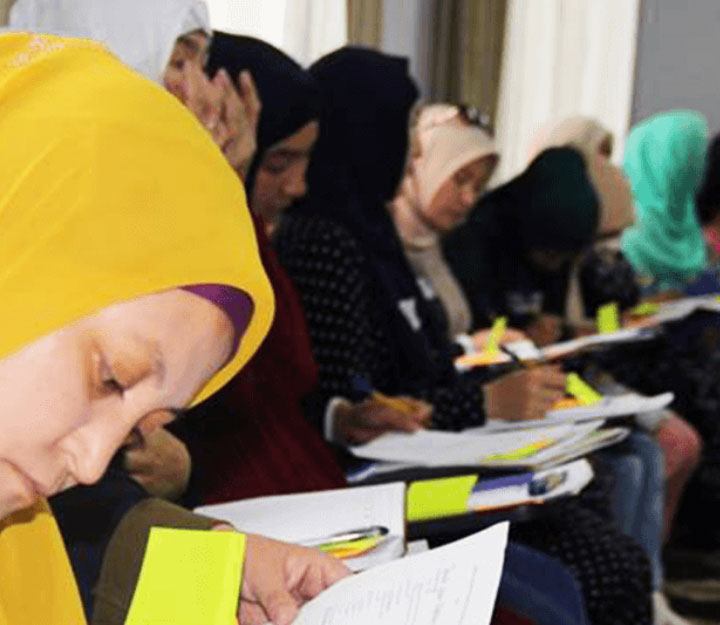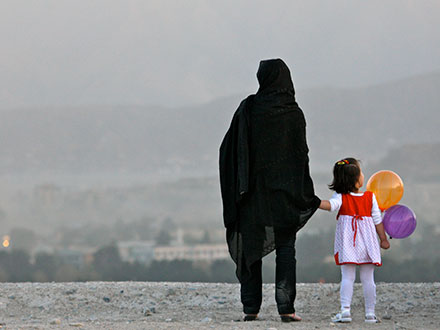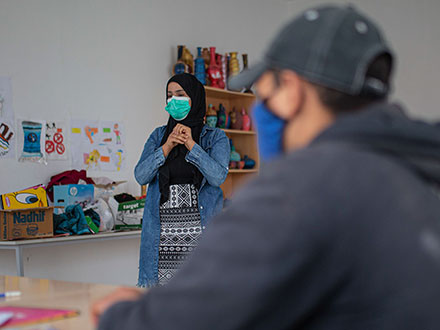The European Union (EU) has reaffirmed its commitment to supporting Nigeria’s efforts in preventing and countering violent extremism, with a substantial €300 million grant targeted at addressing root causes of terrorism, especially in the North-East and North-West Regions of the Country.
Speaking at a workshop focused on reviewing Nigeria’s Policy Framework and National Action Plan on Preventing and Countering Violent Extremism (PCVE),
Gaulter Mignot, the EU Ambassador to Nigeria and ECOWAS, emphasised the EU’s strong partnership with Nigeria.
The workshop was organised under the Strengthening Resilience to Violent Extremism (STRIVE) Global Programme
funded by the EU and implemented by Hedayah, a leading international centre for countering violent extremism.
Mignot highlighted that both Nigeria and the EU are members of the Global Counter Terrorism Forum (GCTF), and the collaboration between member states and GCTF-affiliated organisations like Hedayah exemplifies the importance of coordinated efforts to tackle violent extremism and its underlying drivers.
He noted that the conflict in Nigeria’s North-East over the last 15 years had left devastating impacts on the Lake Chad Basin Region, beyond the massive loss of lives and displacement of populations.
The destruction of socio-economic systems and the emergence of terrorist groups in other parts of the Country, including the North-West, underline the urgent need for sustainable strategies and actions to prevent further escalation.
While acknowledging the Nigerian Government’s progress in addressing terrorism both nationally and regionally, Mignot stressed that more work and investments are necessary.
He applauded the initiative to review and update existing strategies and policies, describing it as crucial in confronting a phenomenon as complex as violent extremism.
The EU’s support, he explained, goes beyond counter-terrorism measures as the €300 million grant package includes interventions in quality education particularly for girls and out-of-school children, adolescent health, and economic empowerment programmes aimed at supporting internally-displaced persons and vulnerable communities grappling with insecurity and climate change.
“In the Lake Chad Basin, the EU is backing programs that promote economic recovery, resilience, and social cohesion. Other initiatives target pastoral economic development and transboundary water management, all aimed at reinforcing the stability of the Region.
“Although not all of the EU’s projects are directly focused on countering violent extremism, Mignot expressed confidence that they would significantly contribute to Nigeria’s PCVE goals”, he stated.
He announced that as part of the support for North-East and North-West Nigeria, the EU would inject €20 million into the demilitarsation, demobilisation and reintegration (DDRR) of former Boko Haram combatants through both Federal and State-led processes in Borno, Adamawa, and Yobe States.
Mignot mentioned that two new Regional programmes focused on PCVE would be launched.
“The first, called RAMPARTS, with a €7.5 million envelope, will support the reintegration of ex-Boko Haram members in the North-East. The second, SECSTA, will address multidimensional security and stabilization in the North-West and Central Africa, though its funding details are yet to be finalised”, he explained.
Mignot also reaffirmed the EU’s ongoing support to the Multinational Joint Task Force (MNJTF) through the European Peace Facility, enhancing its operational effectiveness in the fight against Boko Haram in partnership with the African Union.
He commended the Office of the National Security Adviser and the National Counter Terrorism Center (NCTC) for their leadership, particularly under the guidance of Adamu Laka, in steering Nigeria’s counter-terrorism and PCVE efforts.
Mignot also praised Hedayah for its pivotal role in the workshop and its continued collaboration with both the EU and Nigerian government.
Expressing optimism about the workshop’s outcomes, Mignot said he was confident it would lead to innovative strategies and help assess the progress of the national PCVE action plan, incorporating the provisions of Nigeria’s Terrorism Prevention and Prohibition Act of 2022.
He further called for sustained collaboration, reaffirming the EU’s unwavering commitment to promoting peace, stability, and prosperity in Nigeria.

